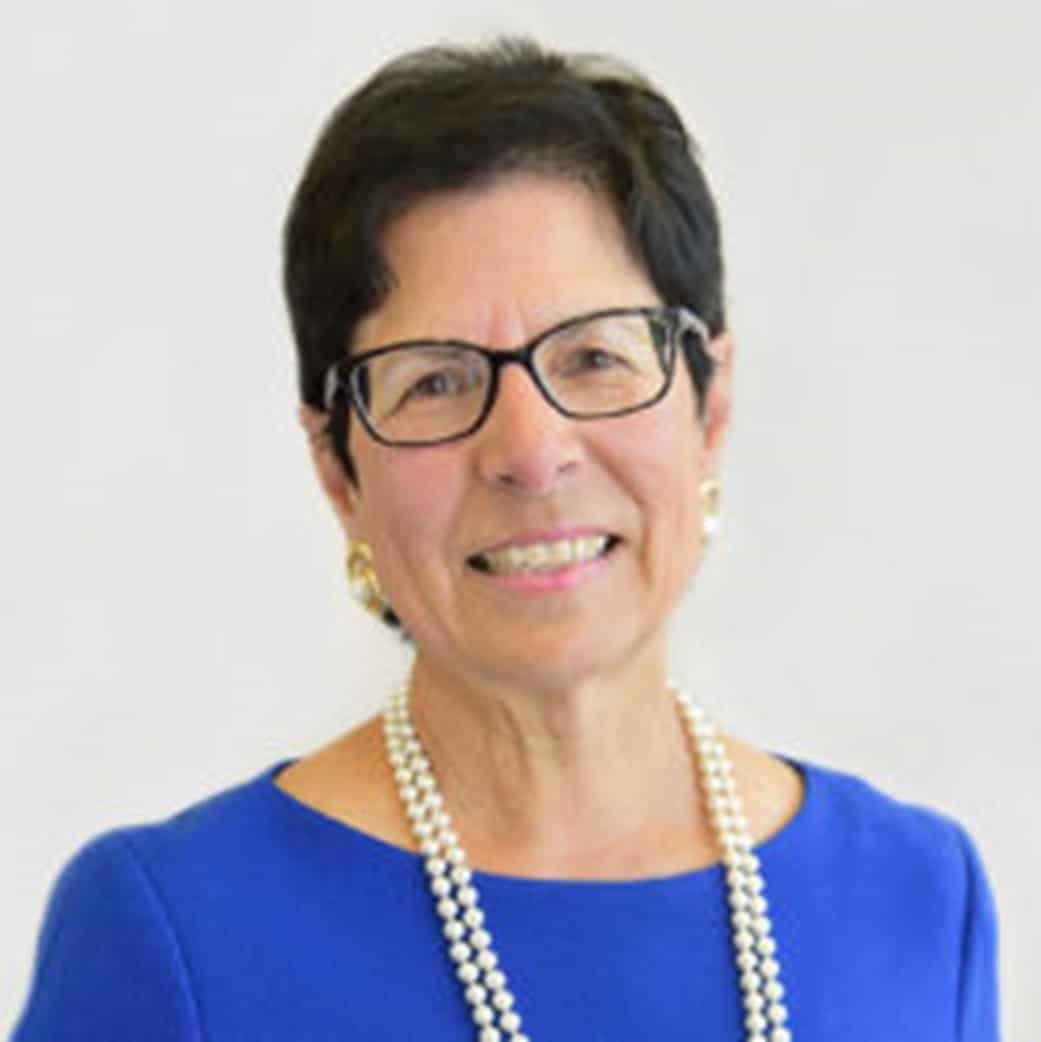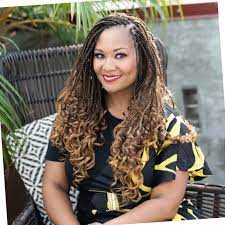By Dr. Jane S. Bray
You just received the exciting news! You landed that job you wanted teaching at a college or university. Now what do you do? How do you negotiate for salary and the other items to support your work? Let’s talk about negotiations but more importantly, let’s talk about five of the most critical elements you can and should ask for in your new position.
Most likely, the person offering you the position will outline their offer. They will state a salary and your entering professional ranking (Assistant, Associate or Full Professor) along with some other details most likely about benefits. They will expect some reaction from you.
It is best to share how delighted you are to receive this good news but know that they do not expect you to accept the offer on the spot. Ask for a few days to consider this offer. A few days is defined as no more than three or four. Share that you will get back to them in a timely manner. First part done! Now what? Now you need to think about what you want to ask for in these negotiations.
- Salary – The starting salary offer you will receive is not the final offer unless you accept it a such. Rule of thumb is for you to ask for 10 -15% higher than the offer. You want to be prepared to justify your counteroffer with how your work will benefit and bring distinction to the institution. That is your power in negotiating. Stay away from citing national salary averages and concentrate on your power as a teacher, researcher, and contributor.
- Release time from teaching – Your offer will include details about your teaching load. This varies at each institution. Regardless, you will need time to transition into your new position so be prepared to ask for a reduction in your teaching load for the first semester. Ask for a reduction from teaching one course in the fall. If you are hired at a research institution, you should ask for a reduction of two courses, one for fall and one for the spring semester.
- Summer compensation – You cannot expect to receive this in your offer. You must ask for compensation to help you complete your work during the summer after your first year of teaching. Ask for the equivalent of whatever amount you receive for teaching one course during the academic year.
- Paid memberships to professional organizations – This will not be offered to you unless you ask. Know what the membership costs are for joining a national professional organization and for joining a state level association. That is the amount to ask to be supported by the institution for the duration of your time while employed there.
- Travel to professional conferences – You may receive some funds for travel with your offer. These are flexible costs each year as the conferences occur at different locations across the country. Your negotiations for travel should be based on the approximate amount you might need. Rule of thumb is that you should travel to at least one professional conference per semester. You should also consider asking for a 10% increase in this amount each year until you receive tenure at that institution.
These are the five most critical elements you should consider during negotiations. It is important that you are clear about your needs and are prepared to discuss why you are countering with these requests. You will not receive everything you ask for, but you will be negotiating in good faith if you base your requests on the qualities, skills, and knowledge you bring to the position. Negotiating these additional elements is expected and will result in establishing your value at the institution for many years into the future.

Dr. Jane S. Bray, former Dean of the Darden College of Education & Professional Studies at Old Dominion University, former Professor and Dean Emeritus of Millersville University of Pennsylvania , and former Chair of the Board of Directors for the American Association of Colleges for Teacher Education.






